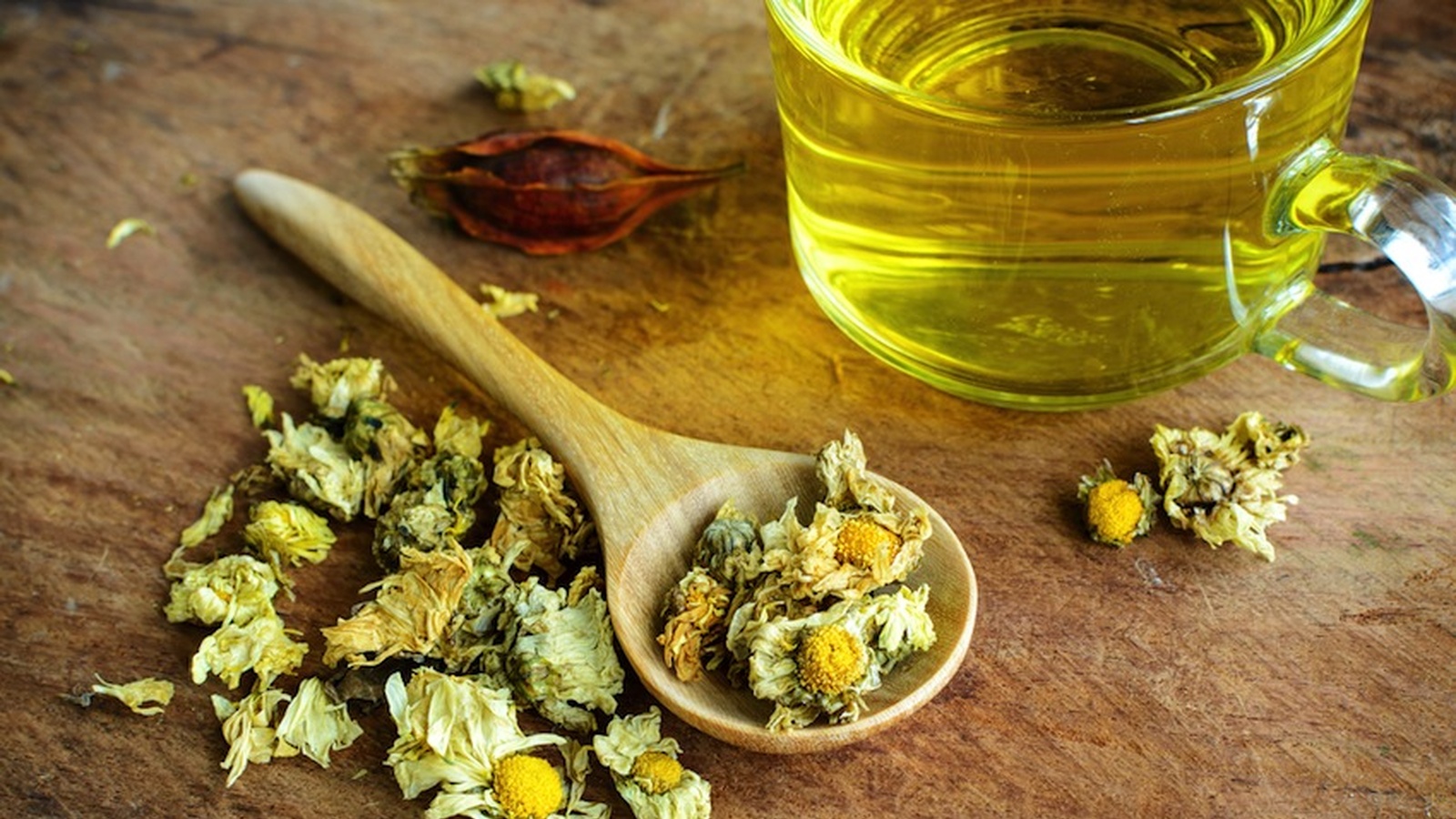ADD TO MY ARTICLES
Stress is part of our everyday lives. Some stress is good – it can help motivate us to accomplish tasks, work more efficiently and meet the challenges that greet us daily. However, too much stress is bad and can overtax your body.
Stress is a response in the fight-or-flight nervous system. When we operate excessively in fight or flight, we inactivate resting and digesting – key components that make for healthy living. Stress that stays around for weeks or months floods the body with chemicals that increase food cravings and heart rate, weaken the immune system and contribute to high blood pressure, diabetes and obesity.
Signs that you are under too much stress include: difficulty concentrating, getting sick often, flareups of autoimmune conditions, muscle tension, digestive problems, drug and alcohol abuse, fatigue, depression, headaches, irritability and increased anger or anxiety. While I encourage my stressed-out patients to eliminate excessively stressful situations, I realize that it is not always realistic to do so. Traffic, deadlines and unexpected demands and delays are a part of life. Fortunately, there are a number of lifestyle enhancements you can make to help combat stress. Below are some practices that I incorporate as rituals in my life to keep the inner dragon goddess peaceful and calm.
ACUPUNCTURE
Acupuncture expands the container for stress, giving a bit of breathing room so your response to stress is more manageable. With acupuncture, instead of freaking out like you normally would to a stressful situation, you can cope and respond more appropriately and positively.
In Chinese medical theory, your body consists of flowing pathways of energy or qi. Stress essentially causes an energetic traffic jam. With acupuncture, circulation of blood and energy is restored, pathways are opened up to relax the muscles, stress chemicals are cycled out and natural painkillers called endorphins are released. That’s the same good stuff that gives you that high after exercise. Acupuncture puts you into a deep state of relaxation and tranquility.
CHINESE HERBAL TEAS
Chinese herbs play a thousands-of-years-old role in reducing stress. Adaptogens are a particular group of herbs perfectly suited for stressed-out times. Remember that energetic traffic jam I mentioned earlier? The liver is the main pathway that works overtime during environmental, physical and emotional stress. Detoxifying and reducing the stress on the liver is essential.
I love the beautiful flowers of chrysanthemum, which make a relaxing and restorative tea to drink during stressful times. Refreshing during these hot summer months, chrysanthemum is cooling, supports the liver and promotes healthy skin and a healthy immune system.
Take the time to appreciate the multi-tasking abilities of the little daisies of chamomile. Cradle a mug, hot or cold, in a quiet space. Calming chamomile aids your digestion, fights inflammation, reduces pain and helps you find your zen.
We could all learn from a few characteristics of the effervescent dandelion root. Amongst gardeners, it is a weed known for its persistence in surviving. Using strength and energy, it is determined to thrive. One of my favorite teas is dandelion root tea combined with aromatic spices, such as cloves and cinnamon, to create a warm and spicy chai that nourishes, detoxifies and strengthens the liver.
VEGETABLES AND FRUITS
Particularly in women, a chemical released during stress called cortisol increases carb and sugar cravings. Instead of that cookie, reach for a liver cleanser and detoxifier – berries, broccoli, cabbage, asparagus, cabbage, avocado, cilantro, spinach or pomegranates. Not only will you be cleansing your liver, you will be loading your body with essential nutrients that promote heart health, healthy aging and fight cancer and chronic inflammation.
YOGA
Yoga is where I find my peace, calm, and balance, quite literally. It truly is a whole body experience that quiets the mind, while working the abs, glutes, and arms. As I manipulate my body into the stress-relieving position utthita trikonasana, the flexibility and strength I gain physically, parallels the flexibility and strength I gain in mind and spirit. This conscious letting go of rigidity allows us to be more open-minded and less stressed by people different than us or ideas different than ours.
MEDITATION
Rapidly gaining in popularity, meditation is getting all the attention it deserves. The MayoClinic is now recommending meditation as a simple, fast way to reduce stress. It can be done almost anywhere, anytime, and does not require gear. Meditation helps you find and maintain a calm state of mind, reducing negative thoughts and increasing self-awareness, giving you a clear perspective. Even just a few minutes of closing your eyes and concentrating on your breath can be powerful during a stressful time.
What helps you to manage your stress?










